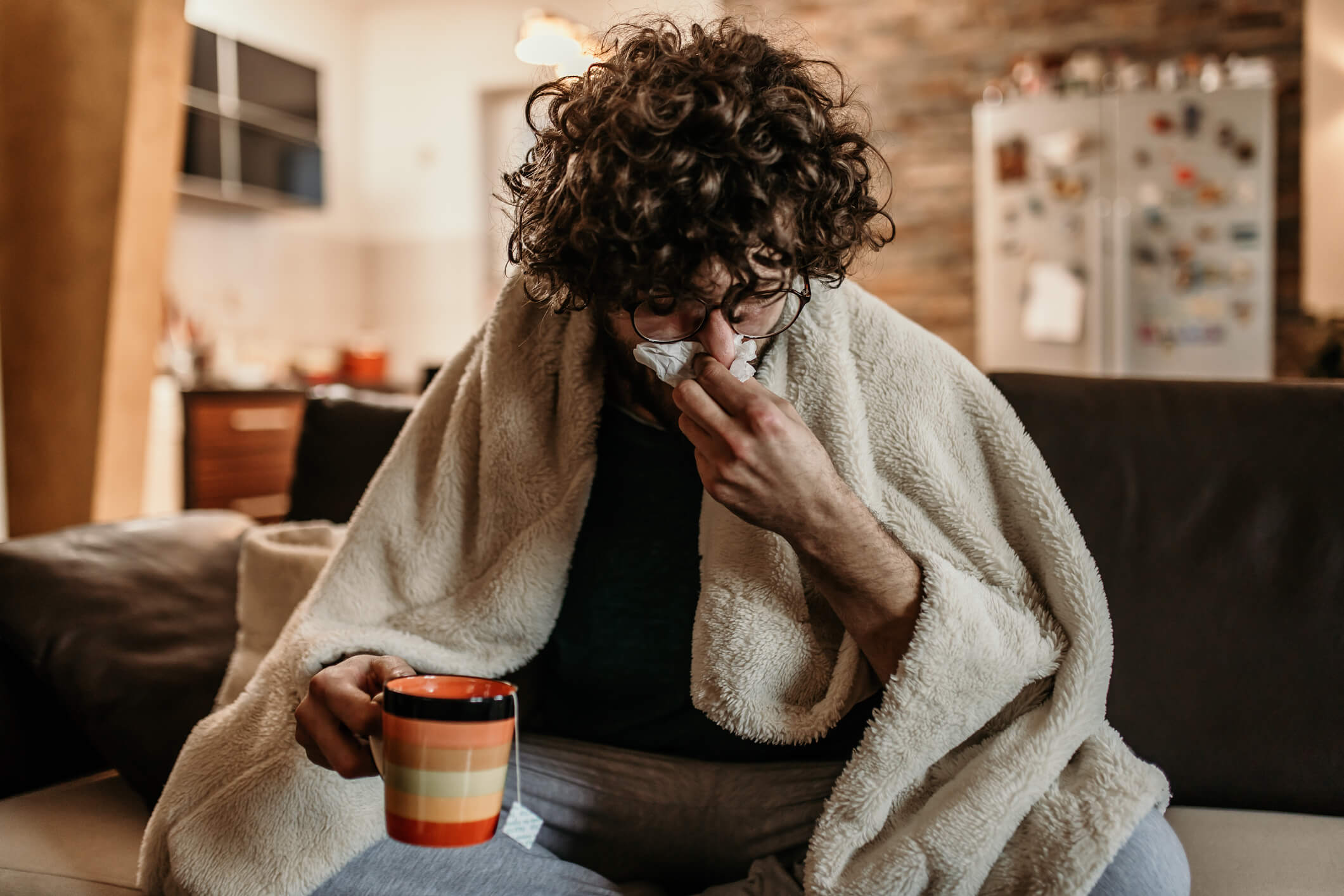-
How to recover at home
Even if your symptoms aren’t severe, it’s important to stay home so you’re not putting others at risk, especially those most vulnerable such as people with chronic health conditions or a compromised immune systems, and adults aged over 65.
Here’s what you should do:
- self-isolate at home (in your own your room if living with others)
- refrain from sharing household items
- wear a face mask if leaving the house for medical appointments
- use the Home Medicines Service for free delivery of medications and pharmacy items
- order food or meals online
- look after your physical health with a nutritious diet and regular exercise
- take care of your mental health by reducing your news intake and getting regular sleep
- stay connected with friends and family online.
What to do if your symptoms worsen
If you don’t feel like you're recovering, make sure you do the following:
- tell public health authorities who you’ve been in contact with recently
- see your GP or go to hospital (call ahead to let them know you’re a confirmed case)
- call 000 if it’s an emergency.
How to recover in hospital
If you have a chronic health condition or a compromised immune system, are aged over 65, or if your symptoms are too severe to be managed from home, you may need to be treated in hospital. Here are a few things to keep in mind:
- remind yourself it’s only temporary and you’re stopping the infection spread
- stay in touch with loved ones virtually or over the phone
- talk to your doctor about a discharge plan.
How to prepare for your return home
Your healthcare team will chat to you about how to prepare for your return home. You may need to continue to self-isolate. Here are some things to consider:
- tell loved ones you’ll need to continue to self-isolate
- get a copy of your discharge summary
- book follow-up appointments with your GP or hospital
- know what to do if your health worsens
- ask your doctors or nurses what care you’ll need when you get home
- ask your discharge planner about at-home services (such as cooking and cleaning)
- remind yourself you’re on the road to recovery.
For further support, visit:
What to do if you have COVID-19

-
What causes bad breath?
Find out how to keep your mouth smelling fresh
-
Signs to look out for when a cold is getting more serious
When you should see a doctor for a cold.
-
The health checks to keep in mind at different stages in your life
Have you had these health checks?
-
Bowel cancer: risks, symptoms, diagnosis and treatment
Learn more about bowel cancer
-
Flu myths debunked
Is 'man flu' real? Can you catch the flu from the flu vaccine? We separate flu facts from flu fictions.
-
Where to get health support in Australia
An Overseas Student Health Cover member’s guide to key health services and when to use them.
Subscribe to receive the best from Live Better every week. Healthy recipes, exercise tips and activities, offers and promotions – everything to help you eat, move and feel better.
By clicking sign up I understand and agree to Medibank's privacy policy





